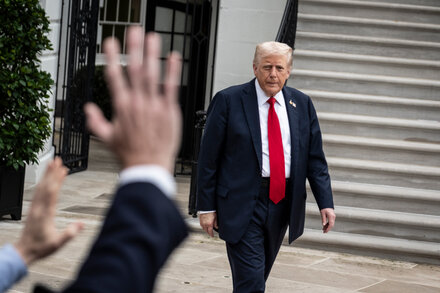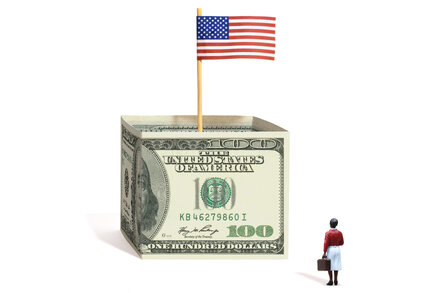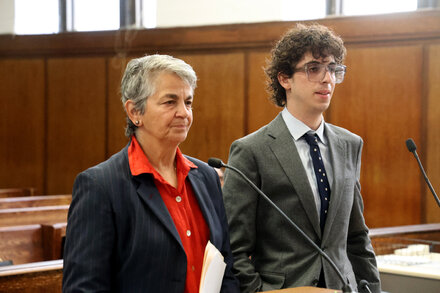A significant legal battle over the disclosure of a confidential report related to former President Donald Trump’s classified documents case has now reached a federal appeals court. The dispute centers on whether this largely hidden report should be unsealed for the defense as the high-profile trial approaches.

WASHINGTON D.C. – A significant legal battle over the disclosure of a confidential report related to the classified documents case involving former President Donald Trump has escalated to a federal appeals court. The dispute centers on whether the report, whose contents remain largely hidden from public view, should be unsealed and made available to the defense as the high-profile trial approaches.
The report in question is believed to contain sensitive information pertinent to the handling, classification, or storage protocols surrounding the documents recovered from Mr. Trump’s Mar-a-Lago estate. Both the exact nature of the report and the specific agency or entity that produced it have been subject to tight secrecy, with legal filings heavily redacted.
Background to the Dispute
The core of the legal contention revolves around competing claims of transparency and national security. Attorneys for Mr. Trump have argued that access to the report is crucial for a fair trial, asserting that it could contain exculpatory evidence or information vital for challenging the prosecution’s case. They contend that withholding such information violates their client’s due process rights.
“Our client is entitled to every piece of information that bears on the government’s case, especially reports that delve into the very issues of classification and handling that are central to these charges,” stated a legal representative for the defense, speaking on condition of anonymity due to the ongoing litigation. “To deny access to this report is to deny the fundamentals of a fair trial.”
Conversely, federal prosecutors, backed by relevant government agencies, have vehemently opposed the report’s unsealing. They maintain that the document contains highly sensitive or classified information, the disclosure of which could compromise national security interests, intelligence sources, or investigative methods. The government has argued that adequate summaries or redacted versions have been provided where permissible, and that full disclosure is not warranted.
“The government has a paramount interest in protecting classified information and national security protocols,” a source familiar with the prosecution’s position indicated. “We have followed all legal guidelines regarding discovery and the handling of classified materials. The integrity of our national security system must be upheld.”
Arguments on Appeal
The case reached the U.S. Court of Appeals for the Eleventh Circuit after a lower court judge sided largely with the government, ruling against the full unsealing of the report. The appellate court is now tasked with weighing the competing interests: the Sixth Amendment rights of the accused to confront evidence and the government’s compelling interest in protecting national security.
Attorneys for Mr. Trump are expected to argue that the lower court erred in its balancing of these interests, emphasizing the potential for the report to shed new light on the context in which the documents were stored or the protocols that were, or were not, followed by government agencies themselves. They may also challenge the basis for the report’s classification or the necessity of its continued secrecy.
The Justice Department will likely reiterate its position that the report’s sensitive nature outweighs the defense’s need for full disclosure, particularly if the court finds that the core information relevant to the charges has already been made available through other means or appropriately summarized.
Implications for the Main Case
The outcome of this appeals court decision could have significant ramifications for the broader classified documents trial. A ruling in favor of unsealing could force the prosecution to disclose new evidence, potentially leading to delays as both sides process the information. Conversely, a decision to keep the report sealed would affirm the government’s handling of classified discovery and maintain the current trajectory of the case.
Legal experts suggest that such appeals are often complex, requiring judges to navigate intricate matters of national security law and criminal procedure. The Eleventh Circuit’s decision will not only impact the Trump documents case but could also set precedents for future cases involving classified information.
Source: Read the original article here.





